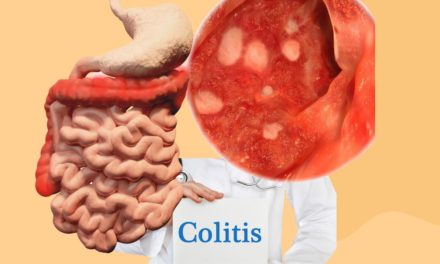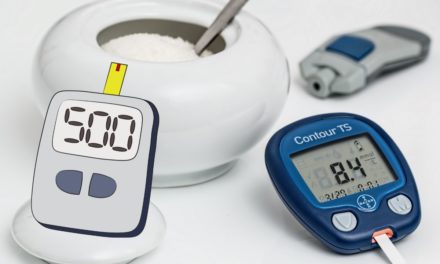Introduction
Abdominal distention, commonly known as bloating, is a common and uncomfortable condition that many people experience. It is characterized by a feeling of fullness or bloating in the abdomen, often accompanied by heaviness and tightness. While occasional bloating is usually harmless, persistent or severe bloating can indicate underlying health issues that need attention. In this article, we will review the causes, symptoms, and management of abdominal distention, which will empower readers to better understand the condition and provide proper care.
Causes of abdominal distension
- Excessive gas: Bloating can be caused by the accumulation of gas in the stomach as a result of fermentation of undigested food by intestinal bacteria.
- Overeating: Eating too much or eating too quickly can cause temporary bloating as the stomach expands to accommodate the extra food.
- Swallowing air: Swallowing air while eating or drinking can contribute to bloating due to accumulation in the stomach and intestines.
- Constipation: Slow stool movement can cause stool to pool, causing abdominal strain.
- Digestive disorders: Conditions such as irritable bowel syndrome (IBS), celiac disease, and inflammatory bowel disease (IBD) can cause chronic bloating.
- Hormonal changes: Women may experience bloating during menstruation due to hormonal fluctuations.
- Food Intolerance: Intolerance to lactose or gluten can cause bloating in sensitive individuals.
Symptoms of abdominal distension
- Feeling full and bloated: The abdomen may feel tight and full, and clothes may feel tighter than usual.
- Increased gas: Frequent burping or passing of gas may accompany bloating.
- Abdominal discomfort: Bloating may be associated with abdominal pain or mild pain.
- Change in bowel habits: Some individuals may experience diarrhea or constipation.
Management and prevention
- Dietary changes: Identify trigger foods that cause bloating and reduce their intake. Common culprits include carbonated beverages, cruciferous vegetables, legumes and artificial sweeteners.
- Eat mindfully: Chew your food thoroughly and avoid eating too quickly to reduce swallowing too much air.
- Probiotics: These beneficial bacteria can help regulate gut flora, possibly reducing bloating in some cases.
- Stay hydrated: Ensure adequate water intake to support healthy digestion.
- Regular exercise: Engaging in physical activity can aid digestion and help reduce bloating.
- Manage stress: Stress can exacerbate bloating in some individuals, so adopting stress-reducing practices such as meditation or yoga may be beneficial.
When to seek medical attention
Most cases of bloating are temporary and benign. However, if the bloating is persistent, severe, or accompanied by the following symptoms, a medical evaluation is recommended:
- Unintentional weight loss
- Blood in the stool
- Persistent diarrhea or constipation
- Severe abdominal pain
- vomit
Result
Abdominal distension, or bloating, is a common and often benign condition that can result from a variety of factors, including diet, lifestyle, and underlying health conditions. While occasional bloating is normal, persistent or severe bloating may indicate an underlying problem that requires medical attention. By understanding the causes, symptoms and management strategies for abdominal distension, individuals can make informed choices to promote better digestive health and seek appropriate care when needed.










